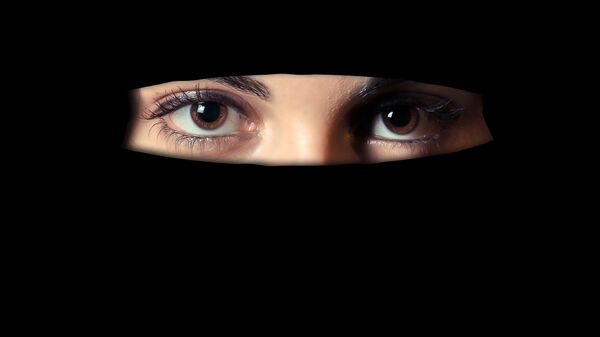The Austrian government made the announcement on Wednesday, and Chancellor Sebastian Kurz explained that his government wanted to prevent the appearance of any "parallel societies," a term often used to refer to minority groups, often immigrants, who have little contact with the larger society they live in.
The new government formed after the election in October 2017 has already announced the decision to change the country's immigration law, tightening the admission criteria.
READ MORE: All of Europe Should Copy Austria's Infant School Hijab Ban — AfD Official
The statistics for the Austrian capital, which hosts the majority of all new arrivals, show that the population of Vienna was 1.86 million in 2016, and 734,709 people were of non-Austrian origin. Of these people, slightly less than 300,000 came from the EU or EFTA countries and the rest were from other countries. The statistics showed that 29,157 people from third countries moved to Vienna in 2016.
Good Signal
Kurz said Wednesday the headscarves presented a growing problem in Austria, although he did not back up the statement with statistics.
Lechevalier added that the Front National party in France had been "demanding real measures to fight against the fragmentation of the Nation and to encourage immigrants to join the French model."
"Without that, we are going to meet an irrecoverable secession with a major part of Muslim immigration. This secession begins with external signs, such as the veil, which mark a refusal to integrate into the national community," the politician said.
Paul Nuttall, the member of the European parliament from the United Kingdom, said that the Austrian government was "well within their rights" to propose such law, since children wearing headscarves were "a symbol of separation."
"It is important that all peoples are encouraged to integrate into their host culture, and wearing a headscarf is certainly not part of the Austrian way of life," Nuttall said.
Headscarves in Europe
The headscarves have been a polarizing issue in many European societies. In 2004, France banned full-face headgear in schools, alongside other conspicuous religious symbols. In 2011, the full-face veils were banned in all public places in France.
READ MORE: Austria Moves to Ban Headscarves in Kindergartens, Primary Schools
Belgium passed a law banning such headgear in public in 2010. The Netherlands approved a partial ban on face-covering scarves on public transport, but allows such veils on the street.
The new Austrian law would apply to children of up to about 10 years old. The girls in Muslim communities usually start wearing headscarves around puberty.
Austria's previous government banned scarves and veils in public spaces. In March last year, the European Court of Justice ruled that employers could tell the staff to stop wearing visible religious symbols. UK Prime Minister Theresa May said, in response to the ruling, that the government should not tell women what to wear.
"Hijabs are alien to British culture and have no places in our schools or indeed public life. Children in British primary schools — those 11-years-old and younger — are being subjected to Islamic control. It is a cultural practice that usually starts when girls reach puberty but has now crept into primary schools," an independent member of the European Parliament from the United Kingdom, Janice Atkinson, told Sputnik.
The politician said that some of the UK cities were already divided and stressed the need for integration of migrants.
The views and opinions expressed by the contributors do not necessarily reflect those of Sputnik.




